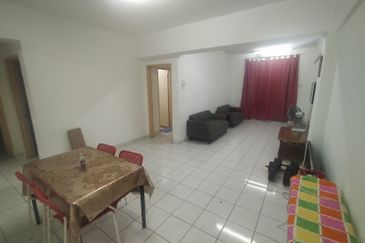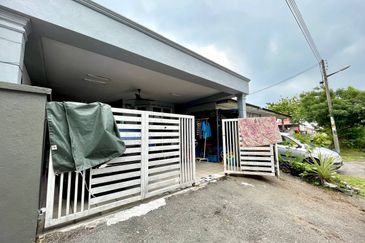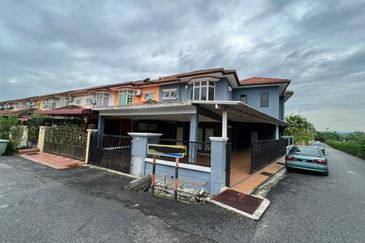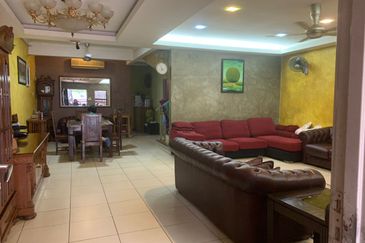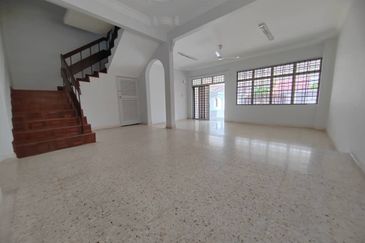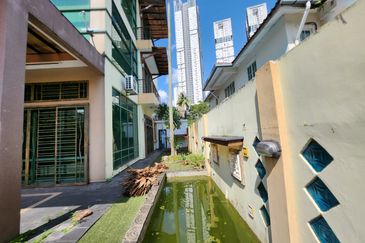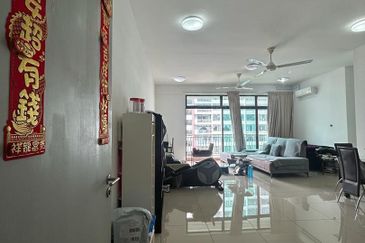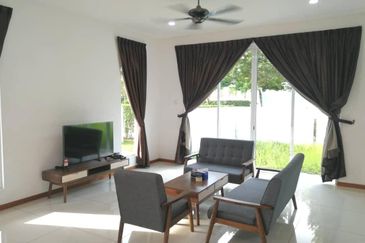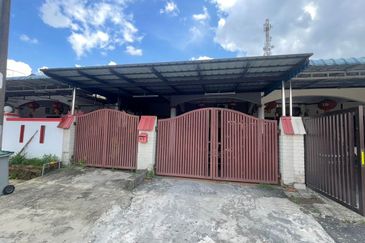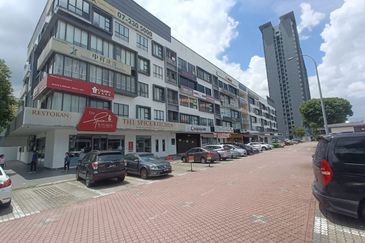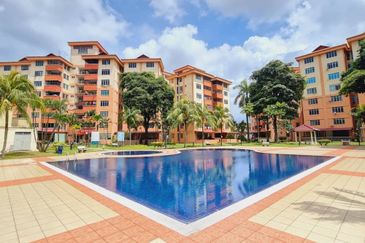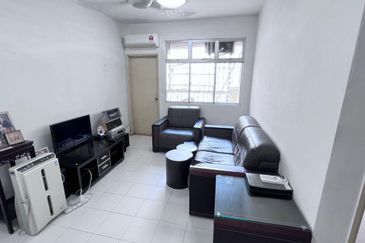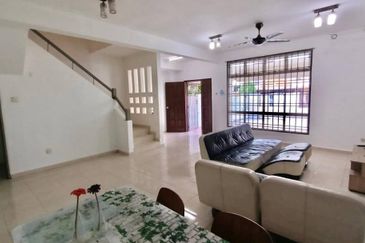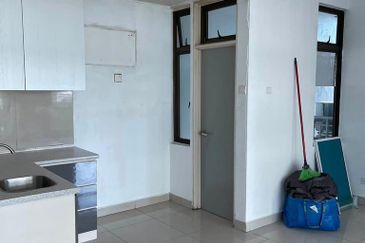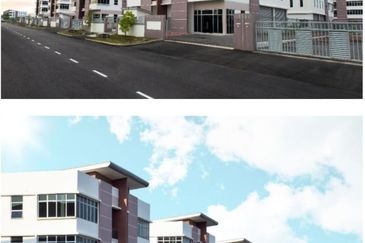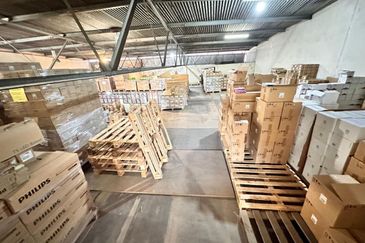KUALA LUMPUR: Malaysia Steel Works (KL) Bhd (Masteel) said it had conceptualised the Johor commuter train project as a private sector initiative back in 2009.
"It had been an unsolicited bid and other bidders had not been prevented from submitting their bids to the government. It was a private sector initiative, as opposed to a government-driven project," Masteel managing director and CEO Datuk Seri Tai Hean Leng said in a statement yesterday.
His statement was aimed at rebutting allegations from the opposition that the company was awarded the RM1 billion rail project by the government without having to go through an open tender.
DAP national publicity secretary Tony Pua on Monday questioned why there had not been an open tender for the project.
Metropolitan Commuter Network Sdn Bhd (MCN), a 60:40 joint venture (JV) between Masteel and KUB Malaysia Bhd, is said to have been awarded the contract to build and operate the 100km inter-city rail service in Johor.
Explained Tai: “In any case, at the time of writing, MCN is still undergoing the process of obtaining the necessary approvals from various ministries, and has not been granted full approval to undertake the project."
The Edge last month reported that Masteel was slated to invest RM300 million in the project with the remaining RM700 million funded by a government soft loan with a 20-year tenure. However the funding structure has yet to be finalised.
On Pua's question of why the government has to provide a loan of up to RM700 million for the project, Tai pointed out that the venture comes under the Public-Private Partnership Scheme whereby both parties are required to fund the project.
"Under normal circumstances, the government is responsible for providing full funding for all public infrastructure works (like roads, railway and ports) as the government is the owner of the infrastructure.
"In the case of the commuter train project in Johor, all rail infrastructure and stations will be owned by the government. However, MCN will pay (back) the government the RM700 million over an agreed duration for the use of the infrastructure," he said, adding that MCN would also bear additional investments that include rolling stock and other systems.
As for MCN's portion of the investment, it would need between 12 to 13 years to recover its initial costs. According to Tai, MCN will be able to obtain a return of investment of about 10% per annum for the ensuing 21 years. This is reasonable for any business venture, he said.
On Pua's claim that Masteel, which is mainly involved in steel manufacturing, has no prior experience in train services, Tai replied that his company has sufficient experience to take on the rail project. “Our experience in complex mechanical and electrical hardware and automation gives us the relevant experience in operating trains as trains are relatively simple mechanical system compared to steel mills."
On the JV's financial capability to execute the project, Tai said: “It must be noted at this point that Masteel and KUB are listed companies with turnover exceeding RM2 billion annually. They have strong balance sheets and low gearing, and therefore are able to access the capital market and use internally generated funds to raise capital for the investment in MCN."
This article first appeared in The Edge Financial Daily, on July 17, 2013.
TOP PICKS BY EDGEPROP

Taman Nusa Bestari, Skudai
Iskandar Puteri, Johor

